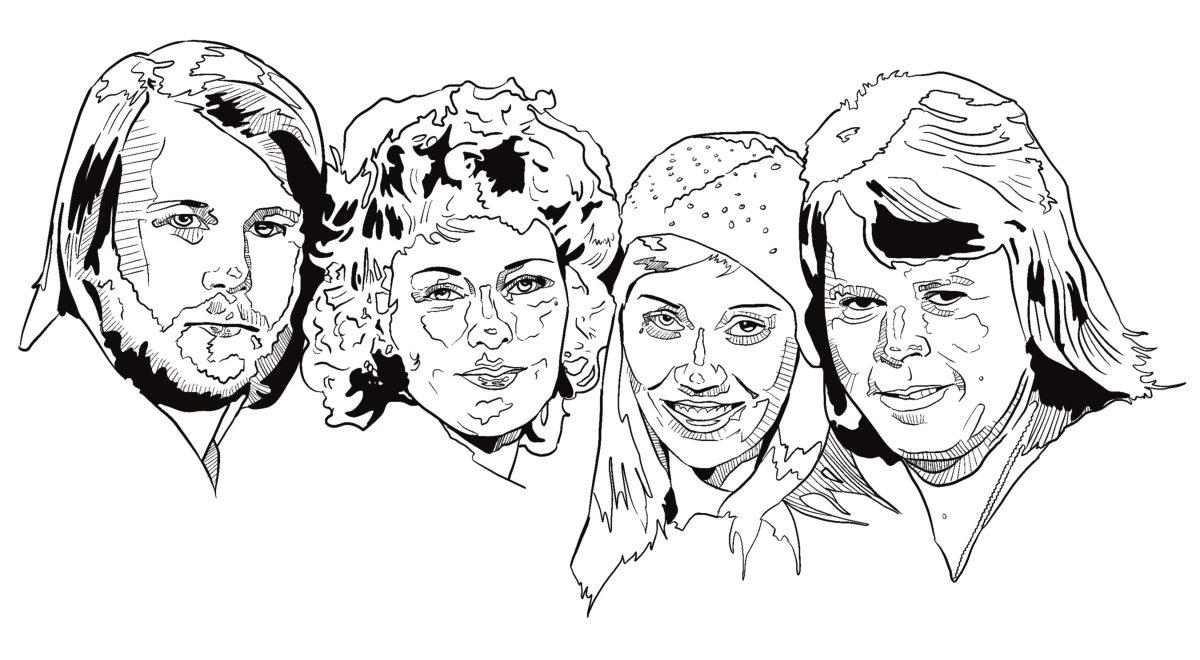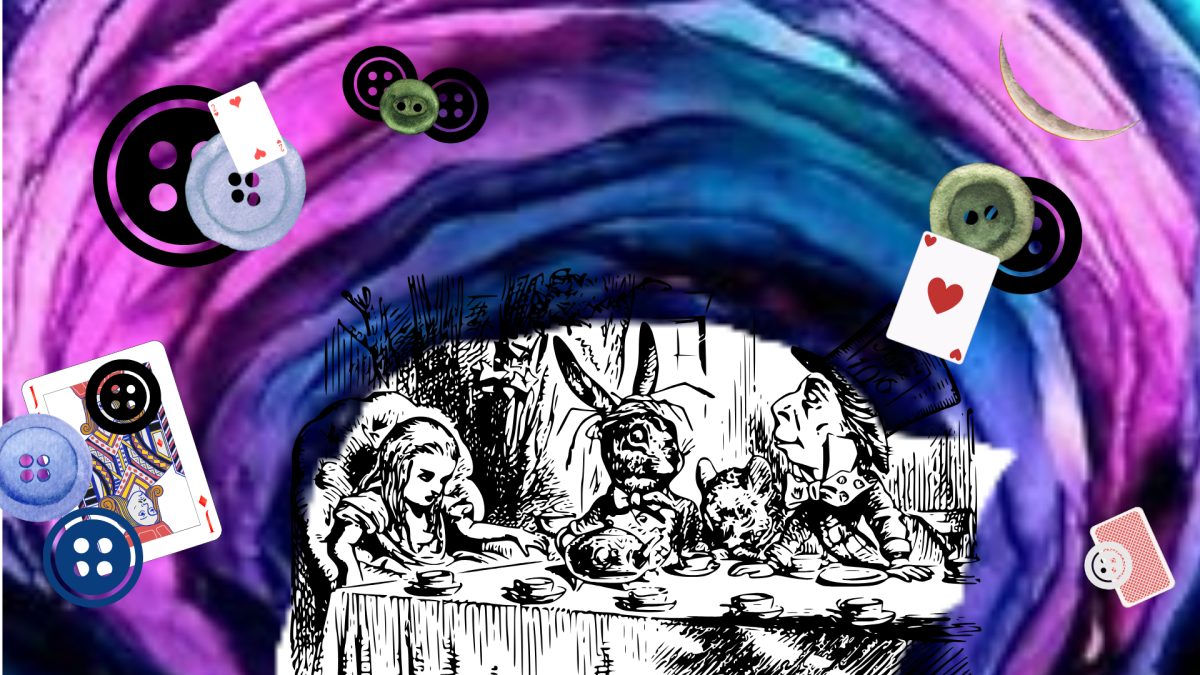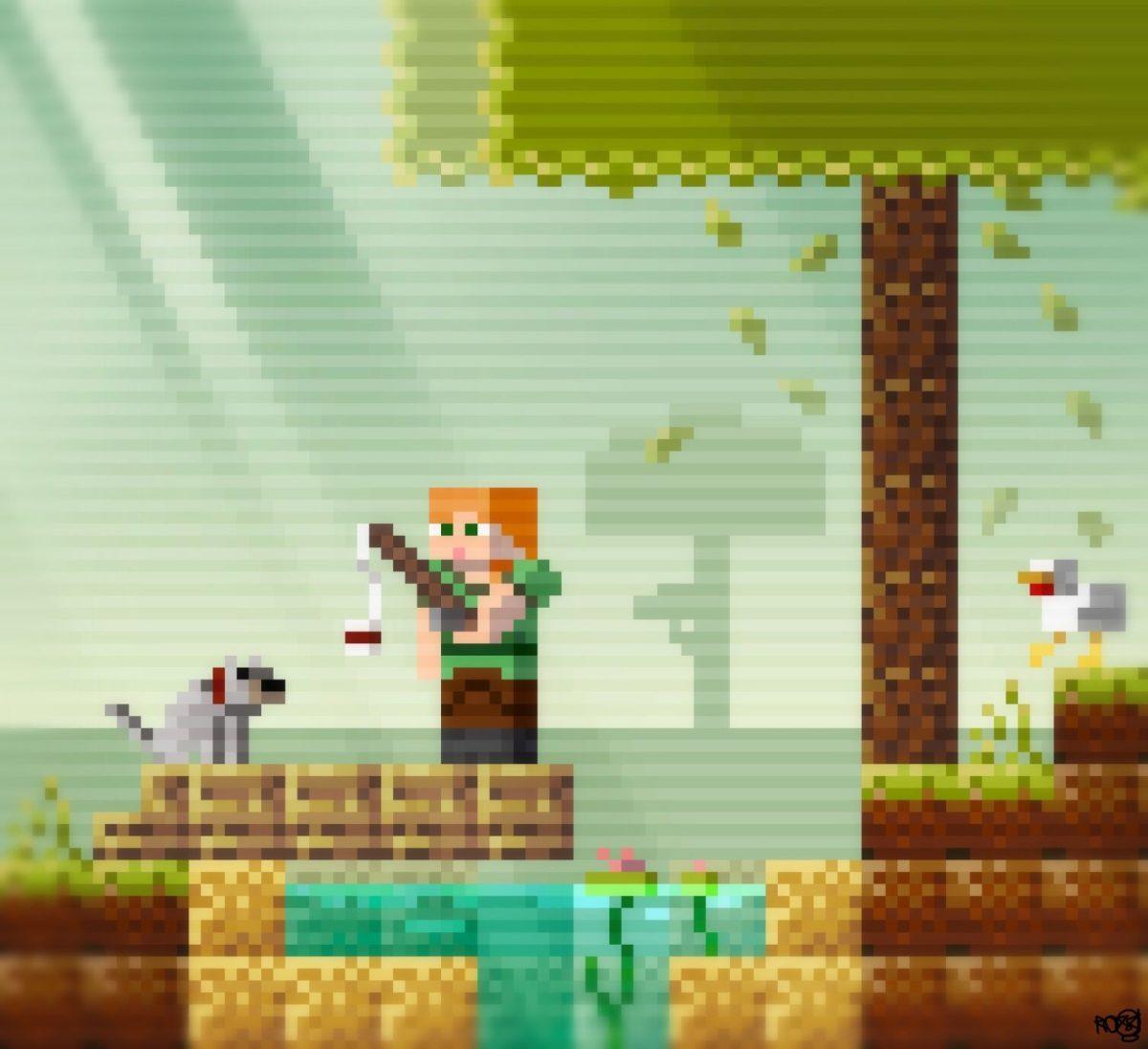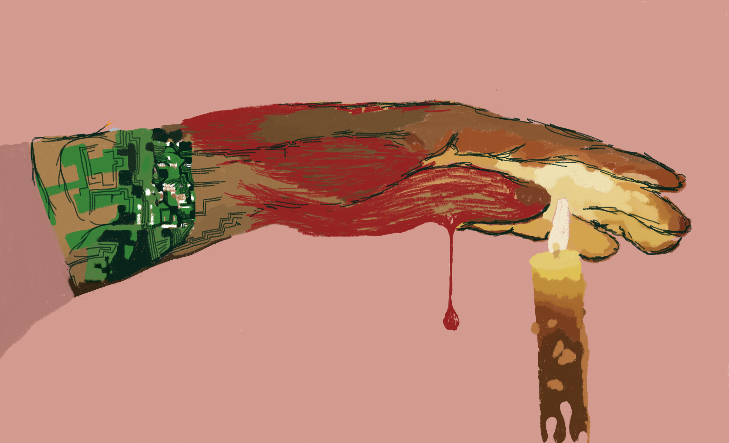From the generation of fans acquired by the hit film “Mamma Mia!” to the countless number of 16-year-old’s subjected to “Dancing Queen,” Swedish group ABBA’s influence stretches far beyond its humble beginnings in 1972.
After entering Eurovision in 1973, ABBA reached commercial success with their first recorded single “Ring Ring,” dominating Swedish music charts and subsequently winning Eurovision with the release of “Waterloo” in 1974. The group has since settled into a genre of disco-pop maximalism, churning out a repertoire of entirely self-written and produced classics in the late ‘70s and ‘80s.
Preceding a string of solo projects and partnerships among members Agnetha Fältskog, Björn Ulvaeus, Benny Andersson and Anni-Frid Lyngstad, ABBA’s newest album “Voyage” has emerged, having released on Nov. 5 after a surprise announcement livestreamed on Sep. 2. The album marks the end of a near 40-year hiatus after ABBA’s last release “The Visitors,” despite numerous offers to reform after its unofficial disbandment in 1982.
As the name “Voyage” signifies, the 10-track album emphasizes the unified journey taken by the group throughout its decades-long career, capturing the band’s signature piano chords, yearning melodies and textured harmonies.
The album opens to lead single “I Still Have Faith In You,” a heartfelt ode to the ABBA’s loyalty to one another amidst the uncertainty of the future, indicated by lines “Do I have it in me? / I believe it is in there / For I know I hear a bittersweet song / In the memories we share.” As the song progresses, the lyrics indicate growing confidence and unshakeable faith in themselves. The track’s final chorus, “We do have it in us / New spirit has arrived / The joy and the sorrow / We have a story / And it survived,” celebrates the bonds among the four members.
“When You Danced With Me” has an undeniable Celtic influence, inspired by Ulvaeus’s visit to the Irish village of Kilkenny. The lines “I can remember when you left Kilkenny / And you told me, ‘I’ll return next year,’” are a faithful return to the kitschy feel ABBA is known for. The track “Little Things” is sweet but forgettable, a Nutcracker-esque lull in the in-between and a sure contender for the most overplayed Christmas song this December.
The clear standout of the album is “Don’t Shut Me Down,” painting a near vivid picture of a heartbreak, paired with a catchy hook, a crescendo of layered sound and an unexpected nod to reggae. Originally written for ABBA’s sixth album, “Voulez-Vouz,” ‘50s doo-wop inspired track “Just A Notion” is also a hit. The song’s buoyant chorus paired alongside swinging harmonies creates an effortless foot-tapping rhythm, perfect for dancing.
“Keep an Eye on Dan” is a notable mention, its demanding presence contrasts the remaining happy-go-lucky tracks on the album, ending with a reference to older ABBA track “S.O.S” in a flamboyant piano motif. “No Doubt About It” boasts a quick beat, an unexpected cowbell and ‘80s synths coupled with electric guitar, the aftermath of a regretful marital argument depicted in the chorus. “I made a mess this time and thеre’s no doubt about it / Hands down, the fault is mine, and I’m prеpared to shout it,” ABBA admits.
Compared to ABBA’s previous albums, “Voyage” doesn’t chart any new territory. Perhaps for long-time ABBA fans, this might be a relief, but it does beg the question of what a new ABBA song sounds like. Despite the appearance of diamonds in the rough like “Don’t Shut Me Down” and “Just a Notion,” “Voyage” is merely a rehash of ABBA’s rejects, and as a result, suffers from a lack of cohesion. Each track in “Voyage” is almost undeniably unmodernized and ABBA-esque but collectively fails to reach the heights of the hits compiled in “ABBA GOLD,” a compilation album that has sold 30 million copies since its release in 1992.
If anything, “Voyage” provides a glimpse at what could have been; essentially pandering to thousands of ABBA fans around the globe, without truly expanding beyond the glittery disco-pop sound the group is known for. “Voyage” at its best is remarkable, but at its worst is mediocre, an otherwise half-hearted attempt to ride the coattails of nostalgia.














